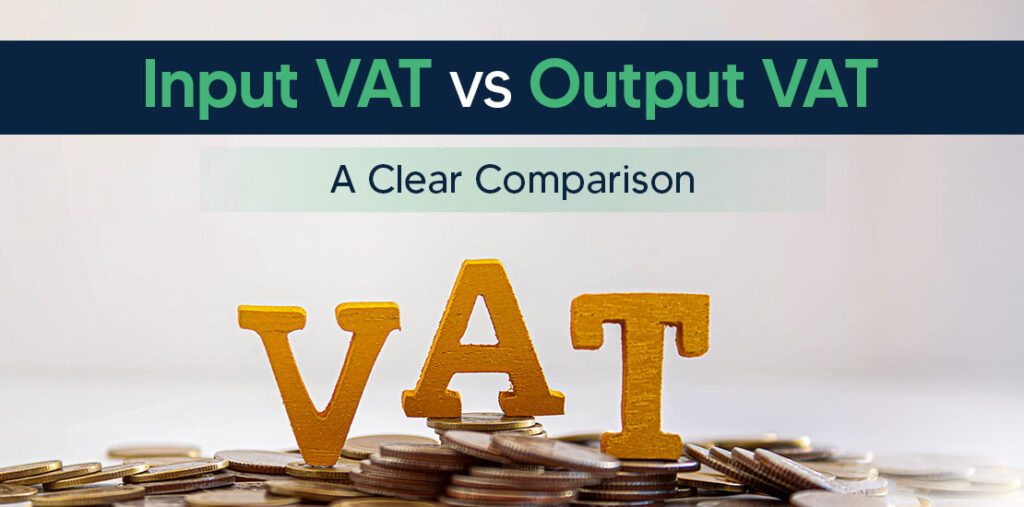.
With the UAE introducing corporate tax in 2023 and increasing alignment with global taxation frameworks such as the OECD’s Pillar Two rules, businesses in Dubai and across the UAE must adopt strategic approaches to ensure seamless compliance.
📌 Understanding UAE Corporate Tax
The UAE has introduced a 9% corporate tax on profits exceeding AED 375,000.
Small businesses below the threshold remain exempt, encouraging entrepreneurial growth.
Free zone businesses that comply with certain regulations may still enjoy tax incentives.
🌍 The Global Pillar Two Framework
The OECD’s Pillar Two initiative aims to implement a 15% global minimum tax for large multinational enterprises (MNEs).
It addresses profit shifting and ensures that large companies pay their fair share of taxes, regardless of where they operate.
UAE-based MNEs with consolidated revenue over €750 million must assess their exposure.
✅ Key Compliance Steps for UAE Businesses
Tax Assessment & Planning
Understand your business’s tax obligations under the new regime.
Review group structures, revenue flows, and cross-border transactions.
Financial Systems Update
Update accounting systems to reflect corporate tax calculations.
Ensure compatibility with FTA requirements and automated filings.
Pillar Two Readiness
Conduct impact assessments if your group is nearing or surpassing the revenue threshold.
Implement governance and documentation procedures.
Partner with Experts
Engage with specialized accounting and tax advisory firms in Dubai.
Stay updated with FTA notifications and global tax developments.
🧠 Benefits of Strategic Compliance
Avoid penalties and audit risks
Improve financial transparency
Boost international investor confidence
Ensure long-term regulatory readiness
As the UAE evolves its tax landscape, proactive compliance not only protects businesses but positions them for sustainable global growth.
🔮 Emerging Trends in the UAE Accounting Industry
As the UAE continues to position itself as a global financial hub, several accounting trends are gaining momentum:
Rise of ESG Reporting: Environmental, Social, and Governance (ESG) metrics are now part of financial disclosures, prompting firms to integrate sustainability into their accounting frameworks.
Blockchain Integration: Some Dubai-based accounting firms are exploring blockchain for tamper-proof ledgers and smart contract auditing.
Outsourced CFO Services: SMEs are increasingly turning to part-time CFOs and financial consultants for strategic financial planning.
Real-Time Reporting: Cloud tools are enabling live dashboards, providing stakeholders with instant financial updates.
Cybersecurity in Finance: As accounting becomes fully digital, firms are investing more in securing financial data against breaches.
These emerging trends underscore the shift toward transparency, agility, and resilience in the accounting landscape.
🤝 Choosing the Right Digital Accounting Partner
In such a rapidly evolving ecosystem, choosing a partner who understands both technology and UAE regulations is critical. A modern accounting firm in Dubai should offer:
Cloud-based bookkeeping
Automated VAT filing & compliance
Audit readiness and support
Integrated AML controls
UAE Corporate Tax & Pillar Two consulting
Dos Hermanos Accounting is one of Dubai’s leading firms that blends tech with compliance, helping companies manage their finances in a smarter, more efficient way.
🚀 Final Thoughts
The impact of digital transformation on accounting in Dubai is undeniable. As compliance requirements grow stricter and business moves at a faster pace, investing in automated, cloud-based accounting systems is no longer optional.
Companies that adopt these tools gain a competitive edge, reduce risks, and make smarter financial decisions—laying a strong foundation for sustainable growth in the UAE market.





